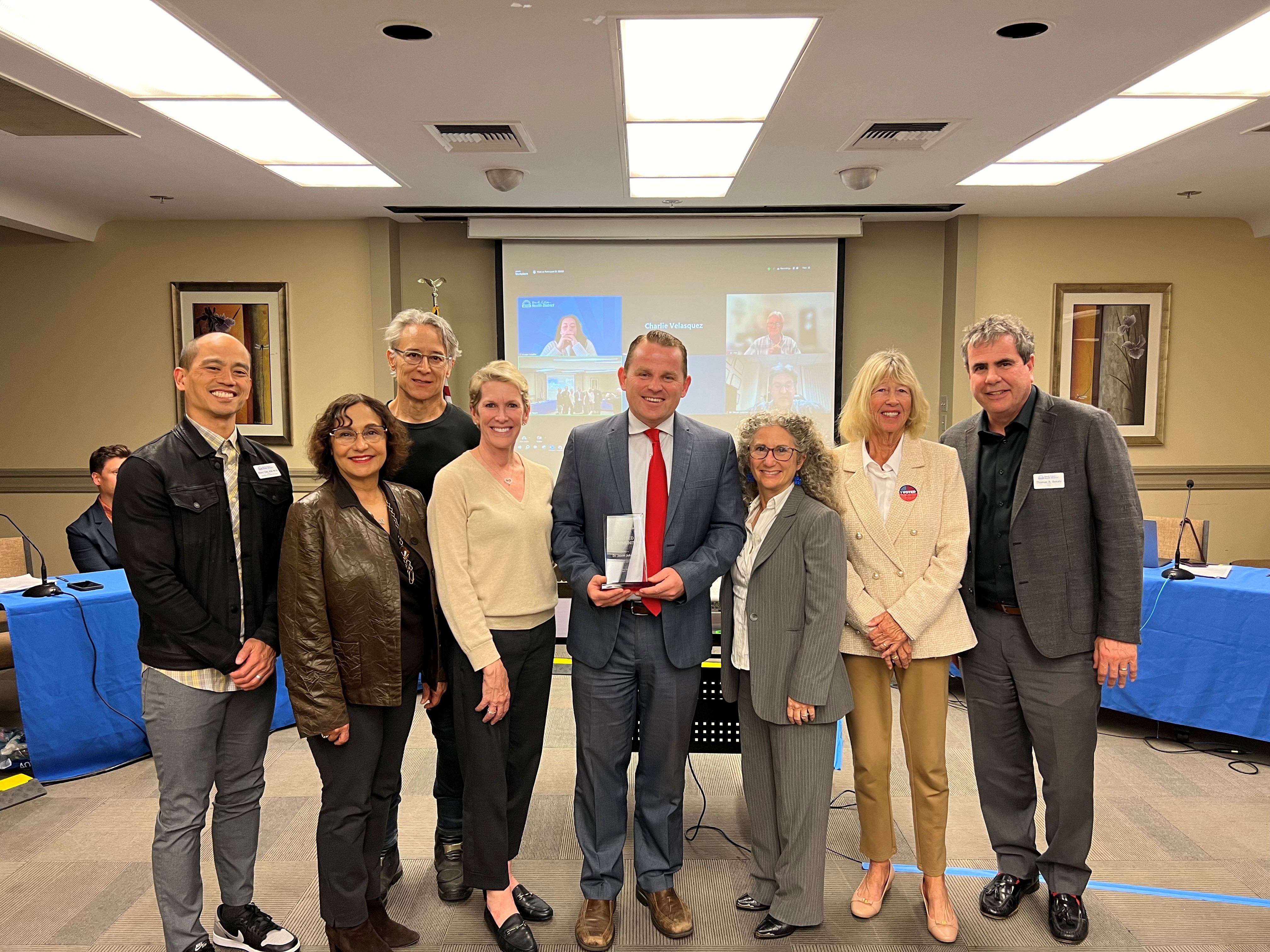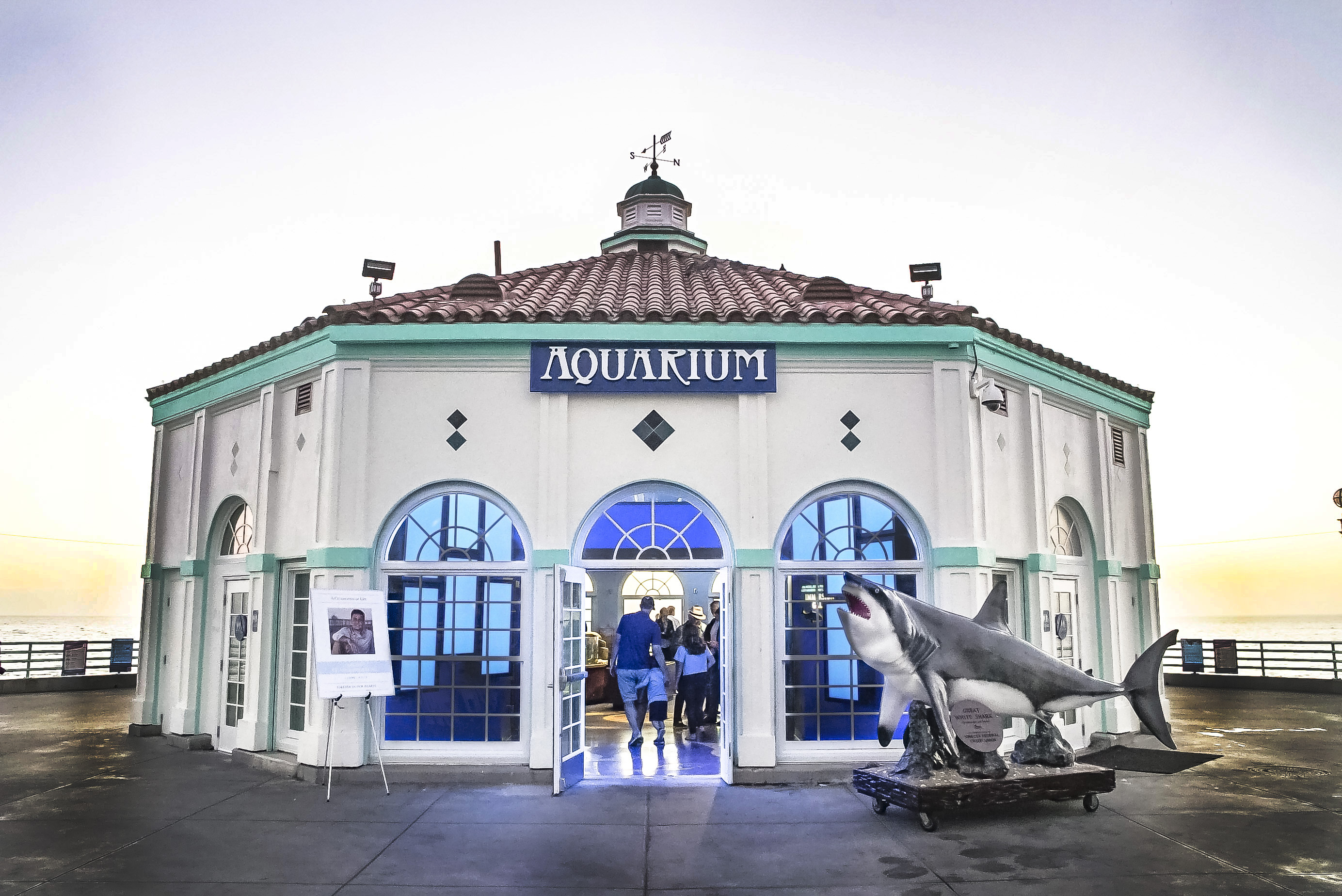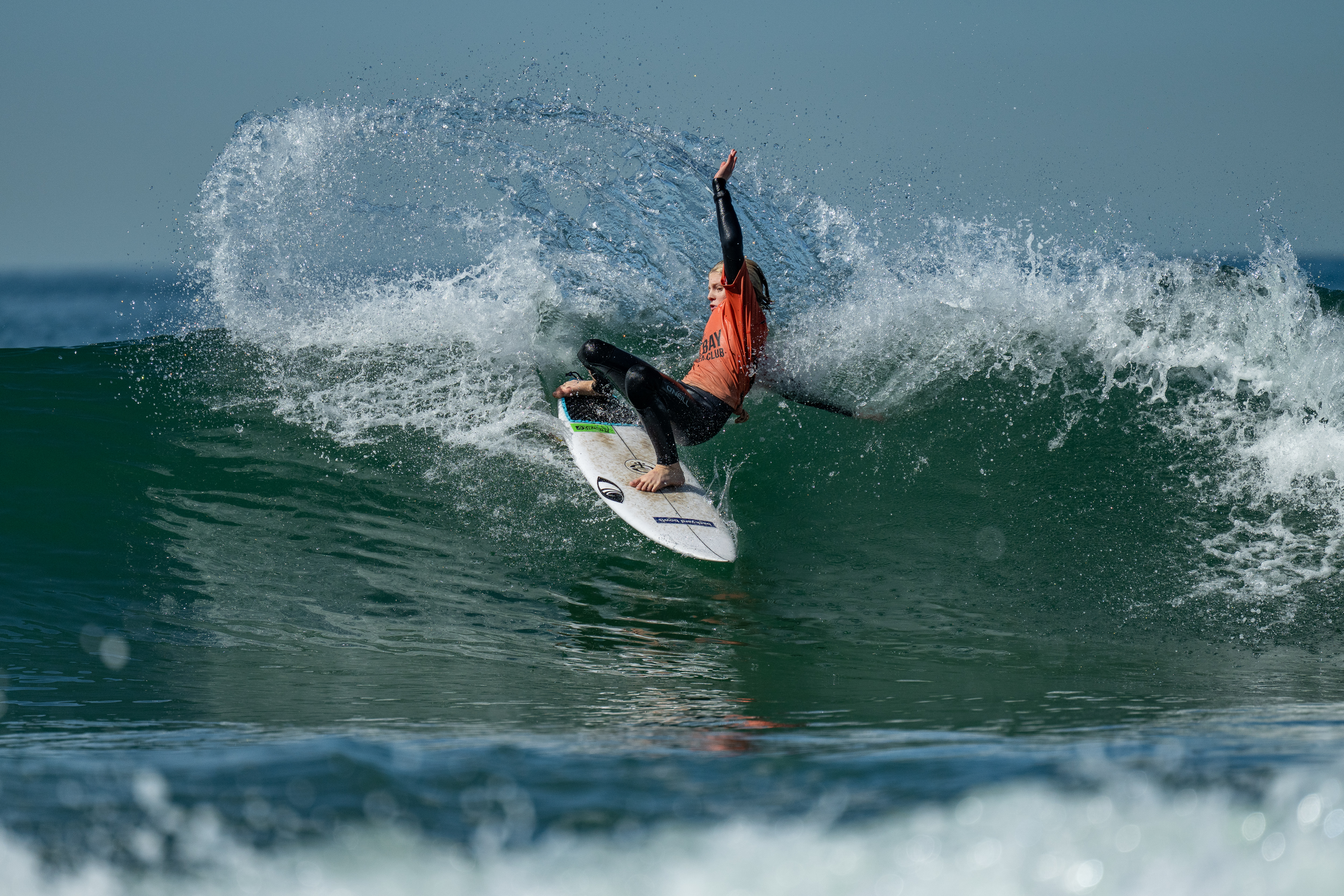
No decision was made Tuesday at the third City Council public hearing regarding approval of Manhattan Village’s expansion proposal.
Council was expected to determine whether to approve developer and applicant RREEF’s Master Use Amendment, Variance of Height and Signage Exception to begin the three-phase renovation of the 44-acre Manhattan Beach shopping center, a six-and-a-half year planning process in the making.
However, an extensive back-and-forth dialogue among council members, consultants and residents on both sides of the coin stretched well past the 11 p.m. meeting deadline, without a decision in sight. Mayor David Lesser postponed a majority of other agenda items, including a discussion of expanding the city’s smoking ban, for a future City Council meeting.
“We need to continue this process and continue to vet it, but at some point we need to pull the trigger,” resident Mark Lipps told council. “We need to start moving forward so that the tenants can have a sense of what’s happening.”
While supporters of the expansion reiterated both the convenience factor of having access to a wider range of retail stores and a projected spike in the city’s sales tax revenue, opponents continued to criticize the scale of the project, citing concerns about increased traffic, lack of parking and crime.
Last week, about a dozen neighbors west of Sepulveda Boulevard, including those on Oak Avenue, drafted an online petition against the proposed expansion. Longtime resident Marc Krigsman noted that since the group launched the petition about five days ago, more than 500 residents have signed their names.
“We support – 100 percent – an updated, smaller expansion of the mall done within the guidelines set forth in the original use agreement,” Krigsman said. “…The proposed development affects the entire community. At the end of the day, the people at RREEF don’t live here. I do, and so do my neighbors.”
Andrew Kim, an Oak Avenue resident, urged council to consider beyond the numbers provided by the final Environmental Impact Report – which predicts no significant impact on traffic – and consider the “human factor,” including the stress many feel from the traffic that already spills onto his street, among others.
“I’m for a facelift, not an entire cranial facial reconstruction,” Kim told council.
RREEF’s proposal to build two three-tiered parking structures on site was another topic of concern. While city consultants Larry Kosmont and Pat Gibson both vetted the necessity of these parking structures to maintain a competitive edge and quell limited parking issues, Krigsman highlighted that such structures are statistically a hotbed for nonviolent and violent crimes.
But Jeremy Squire, an engineer consultant for RREEF, recommended against developing an underground parking structure at the site, which until 1976 held crude oil for Chevron. He cited contaminated soil that sits 5 to 50 feet below ground level, which, left untouched, is expected to slowly degrade overtime with no active harm, he said.
Excavating the site could release an “unlivable stench” and release methane gas into the environment, Squire said, adding that an underground parking structure would take two additional years to build plus an extra $9 million to $14 million in cost.
“I rarely see a site like this where it’s so obvious it should be left in place,” he said.
Stephanie Eyestone-Jones, a locally-based consultant hired by the city to draft the EIR, said safety mitigations in those structures include a security plan drafted in coordination with the Manhattan Beach Police Department, including a 24-hour on-site security as well as overhead security lighting.
Mark Newman, representing the property owners of 3500 Sepulveda (the northwest corner of Manhattan Village mall), joined the vocal opposition, claiming RREEF’s proposal violated their private-party settlement agreement as well as their grant deed of easement. He has filed an appeal against the final EIR report.
Mark English of RREEF denied the charges and said they will be addressed in a future meeting due to time constraints.
The item will return for further discussion at the Oct. 8 City Council meeting and prospectively at the Oct. 29 meeting.








